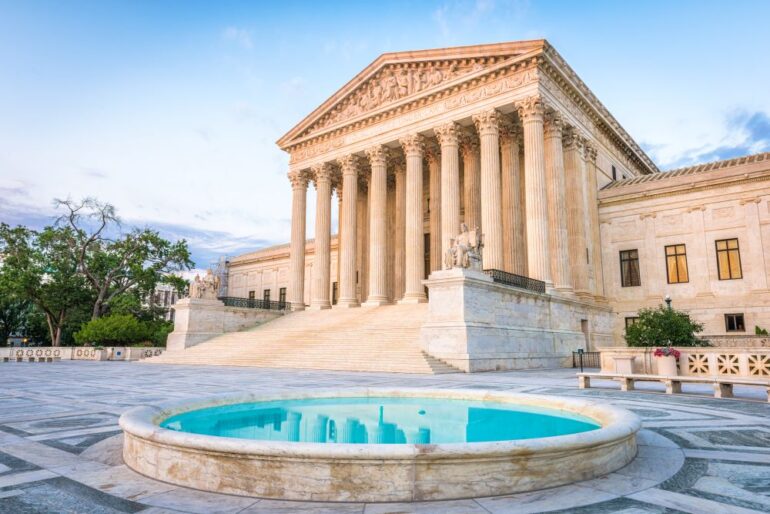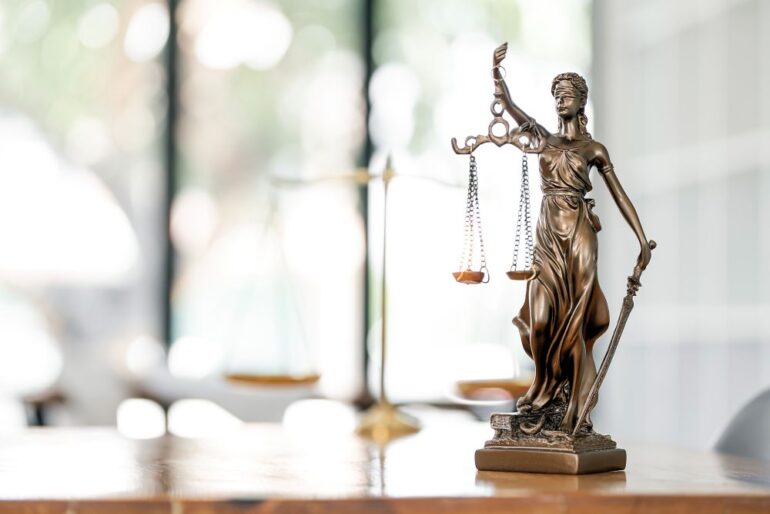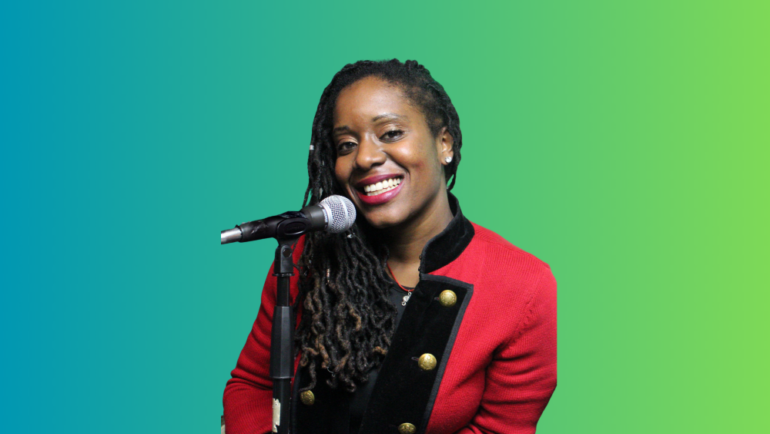-
play_arrow
WURD Radio
The Defenders: Why Black Americans Are the Backbone of American Democracy
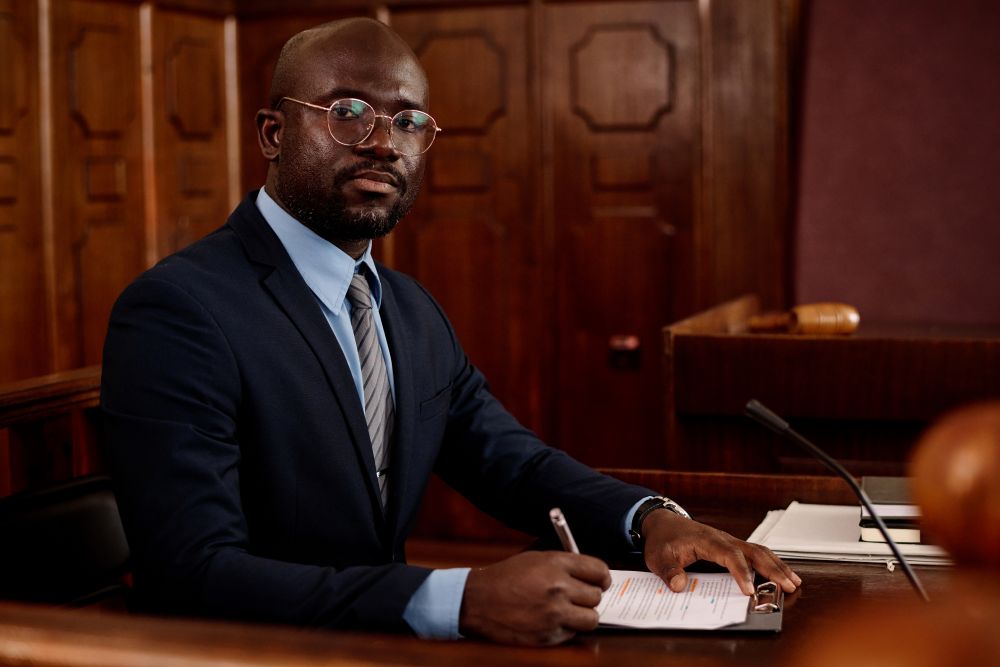
By Dr. James Peterson | WURD Radio
From the brutal bondage of slavery to the barricades of the Civil Rights Movement, from the ballot boxes of Reconstruction to the protest power of Black Lives Matter, Black Americans have cultivated the critical infrastructure of American democracy. Time and again, we have rescued it, resurrected it, and relentlessly defended it.
Through centuries of exclusion, terror, and systemic oppression, Black communities have forced this nation to reckon with its own promises. In every era when democracy has faltered—when it has teetered under the weight of its own contradictions—Black Americans stood in the breach, mobilized, organized, and marched this nation toward the higher aspirations of our civic imagination.
Nikole Hannah-Jones captures this beautifully in The 1619 Project: “More than any other group in this country’s history, we have served generation after generation in an overlooked but vital role. It is we who have been the perfectors of this democracy.”
The law is one of the most powerful tools we have to defend and perfect democracy—and Black lawyers have long been among its fiercest guardians. In courtrooms, congressional hearings, grassroots legal clinics, and on the highest benches in the land, Black attorneys have consistently stood on the front lines of democratic struggle. They have wielded the Constitution not as a distant ideal, but as a living document—a battleground where justice is contested and reclaimed. Black lawyers have deployed the tools of the state to defend the people. They are more than legal professionals; they are defenders of the republic itself.
Charles Hamilton Houston was the architect of a legal strategy that changed the course of American democracy. A mentor to Thurgood Marshall and the visionary behind the NAACP’s legal campaign against segregation, Houston understood that the courtroom could be a battlefield for civil rights. Through meticulous litigation and tireless advocacy, Houston dismantled the legal foundations of Jim Crow, case by case, paving the way for Brown v. Board of Education and the broader Civil Rights Movement. His legacy endures in every legal fight for racial justice that followed.
Thurgood Marshall animated the liberatory principles of American democracy by deconstructing its legal architecture of white supremacy. From Brown v. Board of Education to countless other cases, Marshall understood that if the Constitution was to mean anything, it had to mean something for Black people.
Likewise, Constance Baker Motley, the first Black woman to argue before the Supreme Court—and the first Black woman appointed to the federal judiciary—was a brilliant legal strategist. She won nine out of the 10 landmark cases she argued before the highest court in this land, including the original complaint that led to Brown. Motley defended Dr. King’s right to march, and she presided over Blank v. Sullivan and Cromwell, a pivotal case in the fight against gender discrimination in the legal profession. These legal giants were not just defending civil rights; they were redefining democracy itself.
But Black folks have been fighting for this democracy even before it existed. After the 1739 Stono Rebellion — the largest insurrection of the enslaved prior to 1776 — South Carolina’s white lawmakers cracked down hard: outlawing enslaved people from gathering, growing food, or learning to read and write. Why? Because they knew that literacy, self-sufficiency, and community were threats to slavery—and to the very democracy they were building for themselves.
Armed with stolen weapons, enslaved Angolan Jemmy and his comrades killed dozens of white colonists in their quest for freedom. Occurring decades before the American Revolution, this rebellion was a radical insistence that democracy must mean freedom for all—or it means nothing at all.
Jemmy’s insurrection exposed a paradox that still haunts us: the democratic ideals of this nation have always been shadowed by their denial to Black people. Yet time and time again, it has been Black people who have most vigorously fought to make those ideals real. Black blood, Black sacrifice and Black endurance have set the moral and political standards for what American democracy can be.
And now, in 2025, this democracy is in peril. According to legal scholar Robert Michaels, the United States is “confronting its most serious threat to democracy since 1776 when the 13 American Colonies issued their Declaration of Independence from British tyranny.” That threat, he warns, comes from “far-right populist MAGA Republicans” whose assault on democratic norms is eroding the institutions that make self-governance possible.
At this moment, it is worth revisiting the concept of militant democracy, a term coined by German-Jewish émigré Karl Loewenstein in 1937. Loewenstein argued that democracies must be willing to defend themselves—even if that means placing limits on those who seek to dismantle them from within. He wrote that “democracy had to become militant and safeguard itself by compromising with its foundational principles of freedom and equality by prohibiting extreme political parties and by curtailing the political rights of extremists.” This idea is not without controversy. But it reminds us of a vital truth: democracy cannot be passive. It must be protected, cultivated, and — when necessary — defended.
This defense of democracy is happening right now—not just in courtrooms, but in classrooms, churches, studios, gardens, and voting lines across the nation. Black lawyers and civil rights advocates are still winning critical battles, from the Supreme Court’s 2023 decision in Allen v. Milligan, which protected Black voting power in Alabama, to the successful prosecution of Derek Chauvin under the leadership of Minnesota Attorney General Keith Ellison. Organizations like the NAACP Legal Defense Fund and Civil Rights Corps continue to challenge voter suppression and dismantle the criminalization of poverty through strategic litigation.
Black lawyers and their allies continue to beat back the worst impulses of the Trump era—challenging unconstitutional executive orders, fighting voter suppression, defending reproductive rights, and holding the line against authoritarian creep. The courts are not perfect, but they remain a critical arena where democracy is being defended—and, in many cases, where we are winning. Legal victories matter. They set precedents, protect the vulnerable, and slow the march of tyranny. But we must also recognize that the law alone is not enough. The defense of democracy must also happen in our schools, our pulpits, our neighborhoods, our ballot boxes, and our culture. It must be bold, creative, and expansive—but it need not be violent. We are already living in a nation aflame with violence—some of it state-sanctioned, much of it stoked by those who seek to divide and destroy. Our task is to fight back with purpose, with strategy, and with imagination—through the law and beyond it.
Scholar Nancy Bermeo reminds us that “ordinary people in extraordinary times” have always been the last line of defense against democratic collapse. According to Bermeo, successful democratic resistance depends on building broad coalitions, activating cross-class networks, and mobilizing mass values that still support democracy. These are strategies that Black Americans have modeled for centuries.
From the abolitionist networks of Frederick Douglass and Sojourner Truth, to the mass boycotts and marches of the Civil Rights Movement, to the organizing power of Black voters in Georgia and beyond, Black communities have always been the vanguard of democratic renewal. As Hannah-Jones puts it, “Black rights struggles paved the way for every other rights struggle, including women’s and gay rights, immigrant, and disability rights.”
This is not hyperbole. It is a historical fact. Black Americans have not just made democracy more inclusive—they have made it more durable.
We are in an age where fascist forces now wear business suits, broadcast disinformation, and legislate intolerance. In the face of such dangers, we must look to those who have always understood that democracy is not guaranteed. It must be built. It must be fought for.
Jemmy knew it in 1739. Thurgood and Constance knew it in 1954. And we must know it now. Democracy survives not because it is perfect. It survives because its most excluded citizens have insisted on its perfection. Black people are not just part of this democracy—we are its backbone.
And in America, it has always been Black people—once enslaved, now enfranchised, but still under siege—who have been the greatest defenders of this fragile, aspirational project we call democracy.
—
Sources:
- Nikole Hannah-Jones, The 1619 Project (New York Times, 2019)
- Karl Loewenstein, “Militant Democracy and Fundamental Rights,” American Political Science Review, 1937
- Ami Pedahzur, The Defending Democracy: A Comparative Analysis (2003)
- Nancy Bermeo, Ordinary People in Extraordinary Times (Princeton University Press, 2003)
- Robert Michaels, “Defending Democracy and Democracies,” SSRN, August 2024: Link
THE WURD WEEKLY NEWSLETTER
Black Talk Media sent straight to your inbox.
SUPPORT WURD
Supporting WURD Radio is your way to
protect and preserve Independent Black Media.
Written by: James Peterson
Black Lives Matter civil rights Civil Rights Movement Constance Baker Motley Democracy Dr. James Peterson Frederick Douglass Jemmy Law lawyers NAACP Nikole Hannah-Jones onWURD sojourner truth supreme court Thurgood Marshall wurd radio
Similar posts
Featured post
Latest posts
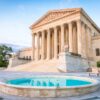
This Week on WURD: ICE and immigration, “The Coroner’s Silence,” abortion as a human right
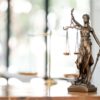
This Week on WURD: Grammy and Tony Award winner Heather Headley, DA Larry Krasner on crime in Philadelphia, Philadelphia’s porch pirate issue

This Week on WURD: Passage of Pennsylvania’s state budget, NBA star Enes Kanter Freedom, visual artistry through self-regard

This Week on WURD: Democratic sweep in nationwide elections, Zohran Mamdani wins NYC mayoral race, Kevin Powell on Black masculinity
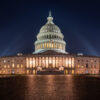
This week on WURD: Jesse Jackson’s political legacy, monetizing content with Fanbase, the government shutdown’s impact, Pennsylvania’s prison conditions
Current show
Upcoming shows

The Source with the Black Women’s Leadership Council
11:00 am - 1:00 pm
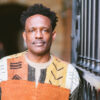
GROUNDINGS with Brother Shomari
1:00 pm - 4:00 pm
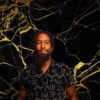
UnPacking with Eric Cole
4:00 pm - 5:00 pm
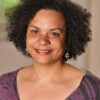
Solutions On WURD
5:00 pm - 7:00 pm

The Envy McKee Show
7:00 pm - 10:00 pm
WURD Radio LLC © 2012-2021. All rights reserved.

